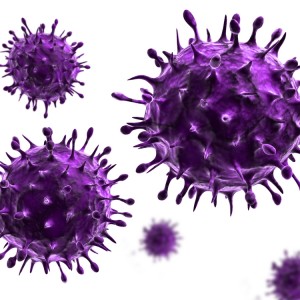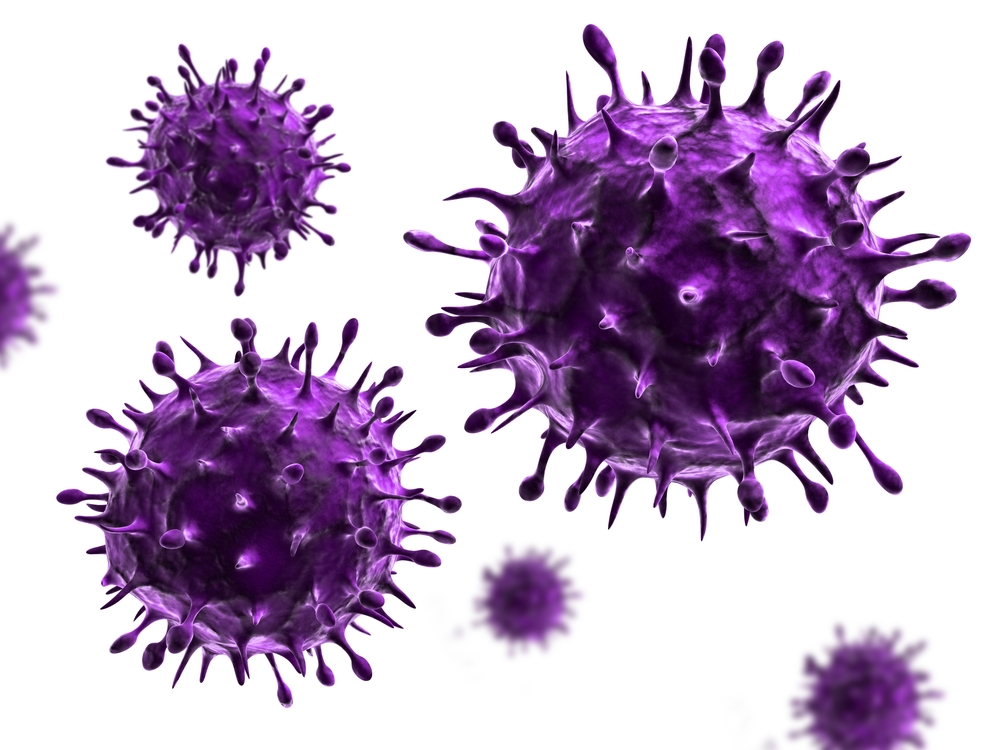 An international team of researchers has shown that a specific vaccine therapy that activates a patient’s immune response can be safely administered to prostate cancer patients.
An international team of researchers has shown that a specific vaccine therapy that activates a patient’s immune response can be safely administered to prostate cancer patients.
The Phase II clinical study, published in the European Urology journal, evaluated this new vaccine in patients who had advanced prostate cancer diagnosed by increased prostate-specific antigen (PSA) and no visible metastasis, and whose cancer was resistant to hormone therapy. Furthermore, patients had already undergone surgery or radiation therapy.
In the first part of the study, patients received PROSTVAC-V/TRICOM and PROSTVAC-F/TRICOM. The first is a vaccine that originates from a modified vaccinia virus that produces the PSA protein, helping to direct the patient’s immune response towards the PSA present in their prostate cancer cells. Additionally, this virus is genetically modified to produce 3 other proteins that augment the immune system’s capacity to locate and destroy cancer cells.
PROSTVAC-F derives from the fowlpox virus and is endowed with the same genetic profile as PROSTAC-V, however it is administered several times to enhance the patient’s immune system.
Men who enrolled in the trial were treated with one cycle of PROSTVAC-V/TRICOM followed by PROSTVAC-F/TRICOM for multiple cycles in combination with GM-CSF, a protein known to augment and activate some white blood cells.
The results showed that after the first six months of therapy, 63% of patients had no disease progression and minimal toxic side effects.
Before the treatment, the median PSA velocity was 0.13 log (PSA)/month, when compared to median post-treatment velocity of 0.09 log (PSA)/month.
In the second half of the trail, patients received hormone therapy together with the PROSTVAC-VF/TRICOM combination, with 74% of subjects experiencing a complete response after seven months of follow up.
“Previous studies by the ECOG-ACRIN Cancer Research Group and others have shown it is optimal to explore agents like PROSTVAC that harness the body’s own defenses in shutting down cancer. With our current findings demonstrating the safe use of combination vaccine therapy earlier in the course of prostate cancer progression, we are laying the groundwork for future immunotherapy options for this patient population,” lead author Robert S. DiPaola, MD, Cancer Institute of New Jersey Director, said in a news release.

